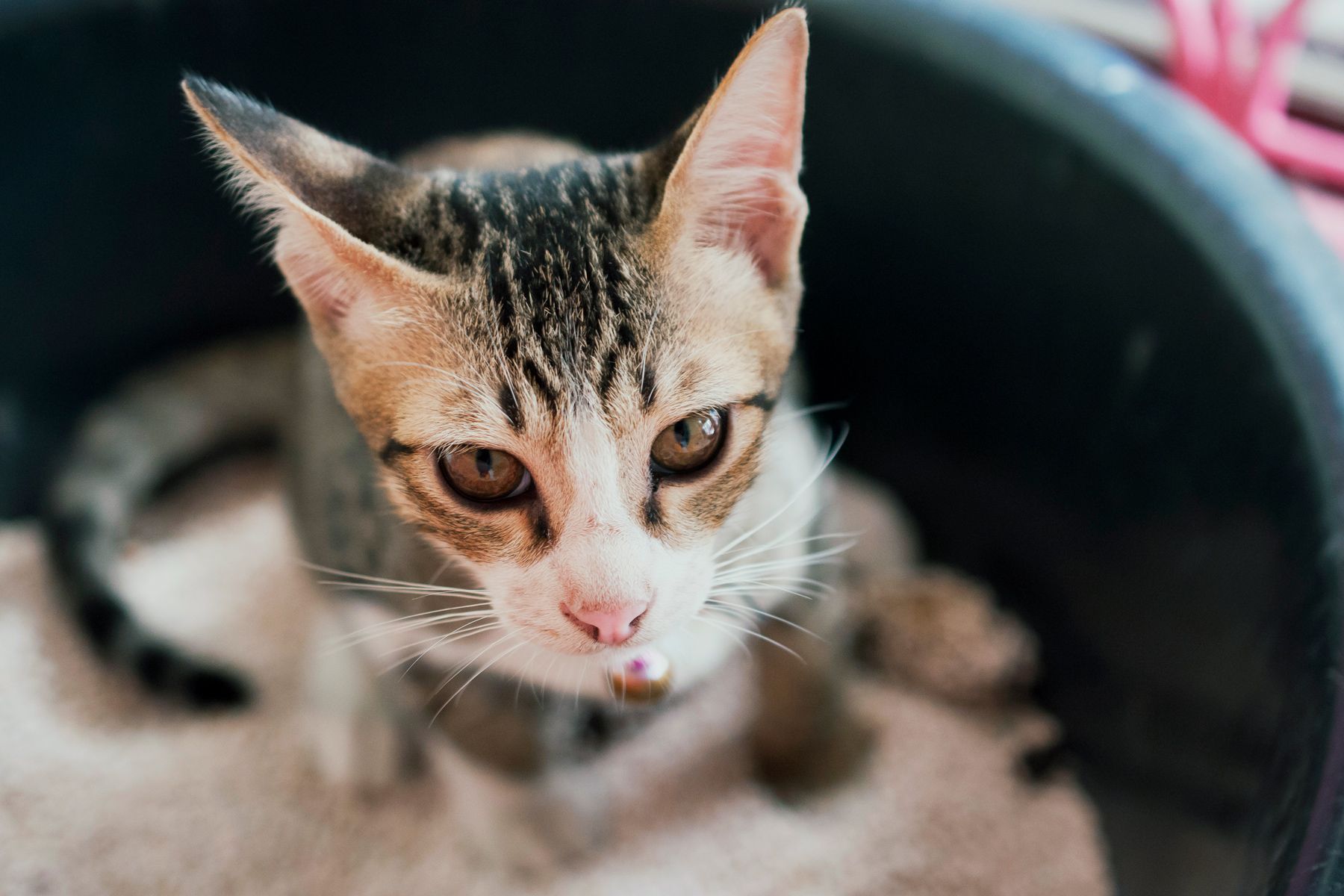
Are you aware that a urethral blockage (also known as feline urethral
obstruction or FUO is a serious health problem in cats?
A cat that has a feline urethral obstruction can suddenly become a much
worse situation in a span of just 24 hours or so. A cat with FUO might look
lethargic and would not get up, drink, eat, or want to move a lot. A cat with
feline urethral obstruction can die in as fast as 72 hours if no immediate vet
attention has been given.
When there is an obstruction in the urinary tract of a cat,
the blockage or plug will hinder the flow of urine from moving from the bladder
and out of the urethra. This, in turn, will bring about a pressure buildup
inside the urinary tract and this could lead to damage to the cat's kidneys.
Urine is a waste material that needs to be removed by the body and FUO is
preventing the body from doing its normal function.
Consult your local vet Tampa, FL about the best
way to protect your pet from urethral obstruction.




